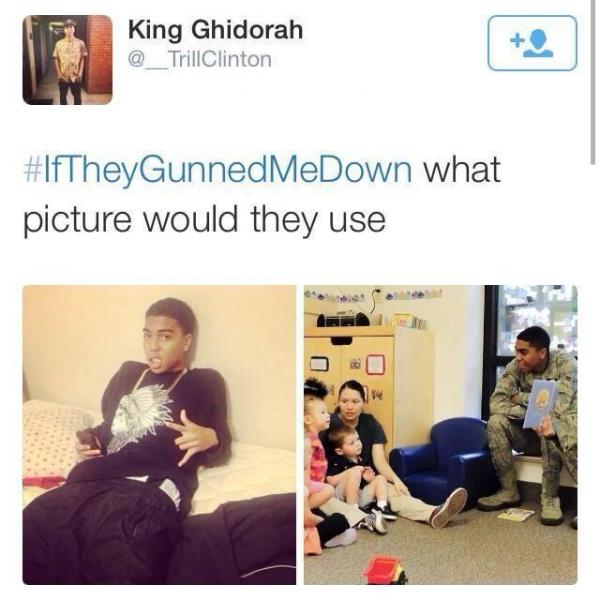Ferguson, Mo. Is Making Us Confront Racism In The Media

But we don't like to talk about racism, and we certainly don't like to talk about our own prejudices.
Over the past week, however, Ferguson, Mo. has opened our eyes to just how ingrained racism is in the very framework of America. The nightmare that continues to rage in Ferguson has forcing us to have the difficult conversations that we would rather avoid.
SEE ALSO: Police Shoot 19-Year-Old As Gun Violence Flares In Ferguson, Mo.
Witnesses agree that Michael Brown's hands were raised in surrender when a Ferguson police officer shot him. Yet, there's a tendency to portray victims like Brown and Trayvon Martin in the worst light possible so as to justify the violence taken against them.
Journalists and members of the media have demanded that we see what's really been going on in Ferguson even at the expense of their own arrest, and considering the growing tendency to use social media as an instrument of social justice, it's no surprise that media consumers have gotten involved too.
Take at look at how #IfTheyGunnedMeDown is forcing people to adress the racism evident in how the media portrays both victims and criminal suspects.
Contact Deputy Editor Sara Newman here and follow her on Twitter here.



